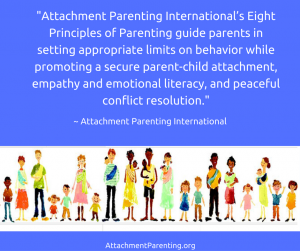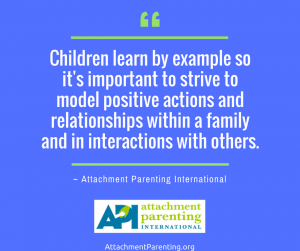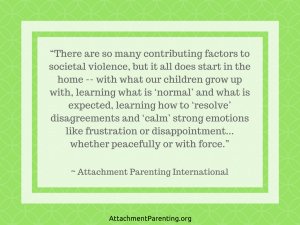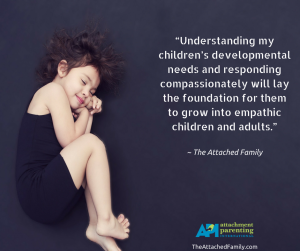Dear New Mamas,
With so much unsolicited parenting advice in our information era, I encourage you to raise a red flag to advice including any of the following 6 terms:
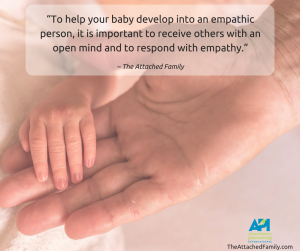 ”Should”
”Should”
There is no “should” with babies especially regarding breastfeeding, safe cosleeping, and milestones. Ignore anyone telling you what your baby “should” or “should not” be doing, based on age of baby. The easiest way to avoid these types of conversations is to not discuss the topics of lactation, sleep, milestones, and nutrition with family members, friends, and coworkers who may not be aligned with your gentle parenting style. Once you find your groove, a simple response of, “This works great for us,” will hopefully pacify the naysayers.
There are lots of varying parenting styles, and it’s less stressful to not compare your baby with others of similar age and to not discuss those topics listed above openly.
“Habit”
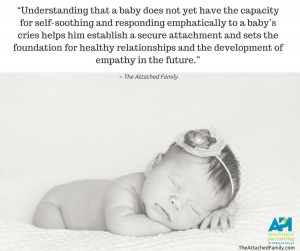 Babies change so frequently that there is not enough time in one consistent state of development for habits to form. If your instinct is telling you to soothe baby in a certain way or to create a safe sleeping environment, you are not forming “bad habits.”
Babies change so frequently that there is not enough time in one consistent state of development for habits to form. If your instinct is telling you to soothe baby in a certain way or to create a safe sleeping environment, you are not forming “bad habits.”
“It works.”
You may come across defensive loved ones advising, “It worked for you,” or well-intentioned friends saying, “It worked for us.” But at what cost? Do your research. For example, the only reason sleep-training “works” is because a baby doesn’t think anyone will come get baby. As another example, putting rice cereal in a bottle adds no nutritional benefits and actually reduces the nutrition baby would otherwise receive from the breastmilk that the rice cereal displaces.
“That’s what the doctor advised.”
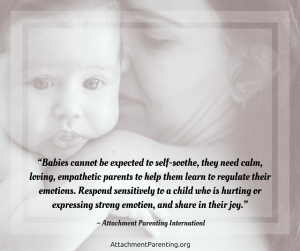 Pediatricians receive minimal lactation and nutrition education. Lactation advice should only be taken from a lactation specialist, preferably with the credentials of IBCLC (International Board Certified Lactation Consultant). Many insurance companies cover their costs. Important to note, only 40% of US women successfully breastfeed after 4 months postpartum and only 20% after 6 months postpartum. If those statistics are that low, yet most infants see a pediatrician, one could assume pediatric advice is not aiding in successful breastfeeding rates.
Pediatricians receive minimal lactation and nutrition education. Lactation advice should only be taken from a lactation specialist, preferably with the credentials of IBCLC (International Board Certified Lactation Consultant). Many insurance companies cover their costs. Important to note, only 40% of US women successfully breastfeed after 4 months postpartum and only 20% after 6 months postpartum. If those statistics are that low, yet most infants see a pediatrician, one could assume pediatric advice is not aiding in successful breastfeeding rates.
Children’s nutrition guidelines and recommendations change frequently and can be skewed by corporate sponsorship. Read labels, and get up-to-date about children’s’ nutrition information. Consider baby-led weaning once baby is starting solids as early as 6 months. MDs are not to be considered experts on parenting style advice. Various methods for baby sleep and nutrition fall under parenting styles and do not require a medical professional’s input.
“Spoiling”
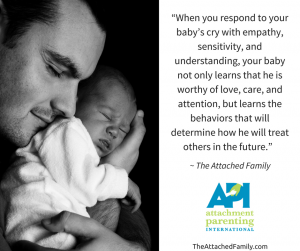 You cannot spoil a baby. Creating a relationship of trust and responsiveness is your role as a mother. Terms like babywearing and Attachment Parenting do not mean you are “spoiling” your baby, but rather creating a safe and secure foundation to set up baby to be an emotionally thriving child adult.
You cannot spoil a baby. Creating a relationship of trust and responsiveness is your role as a mother. Terms like babywearing and Attachment Parenting do not mean you are “spoiling” your baby, but rather creating a safe and secure foundation to set up baby to be an emotionally thriving child adult.
“Good baby”
You will quickly learn the term, “good baby,” is redundant. All babies are good. Unfortunately, Western society associates a “good baby” with one who requires the least amount of caregiver attention. Instead of asking if a baby is “good” when striking up conversation, it’d be more appropriate to ask “What makes baby happy?” And when someone asks if your baby is “good,” try responding with, “We’re having fun.”
Sincerely,
A fellow mom, meandering her own peaceful parenting journey, by surrounding herself with those who get it
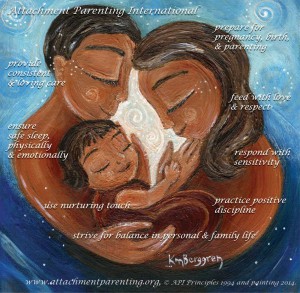 It’s exciting to see how much research is constantly being churned out that shows just how beneficial Attachment Parenting is to healthy infant and child development! Check out these recent studies that support API’s Eight Principles of Parenting:
It’s exciting to see how much research is constantly being churned out that shows just how beneficial Attachment Parenting is to healthy infant and child development! Check out these recent studies that support API’s Eight Principles of Parenting:
